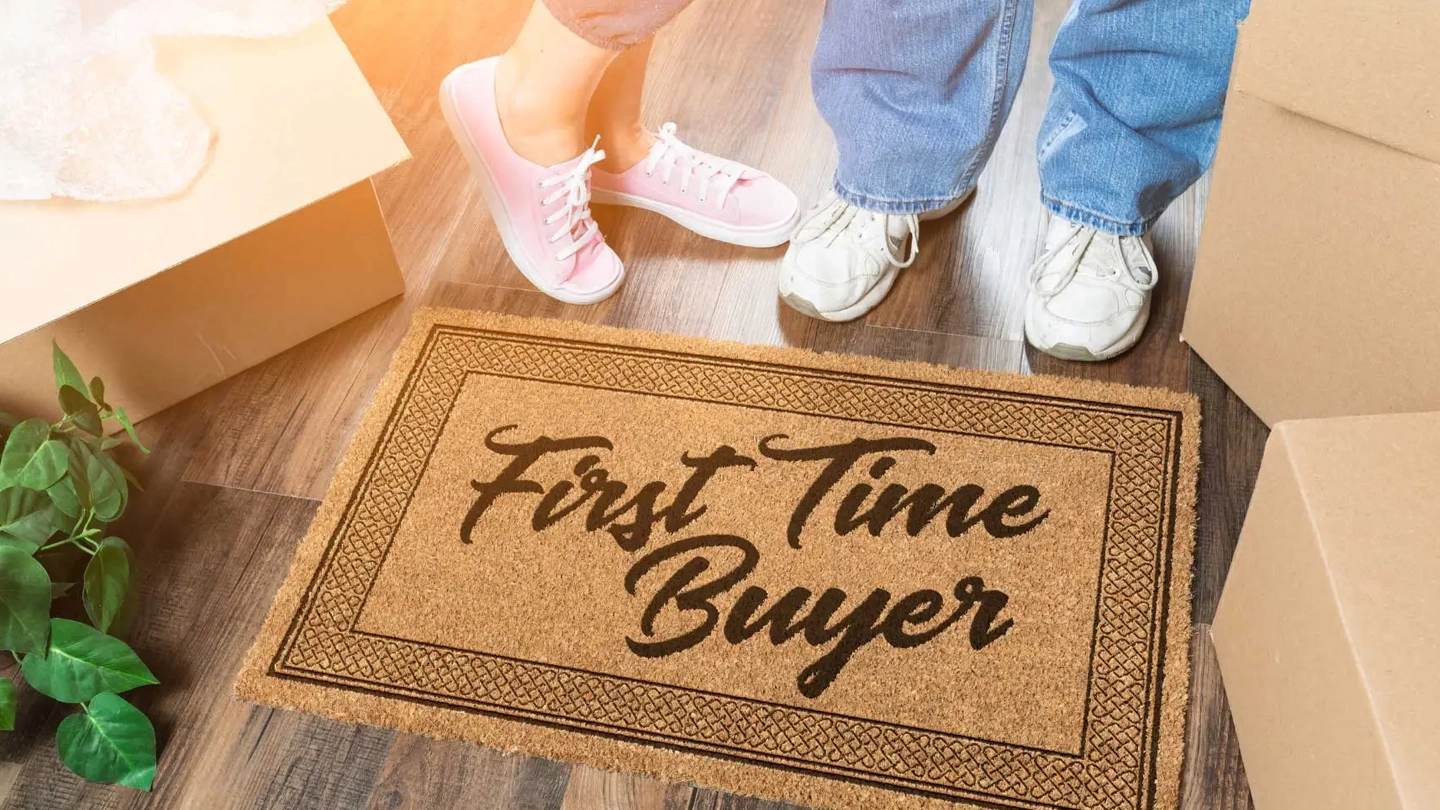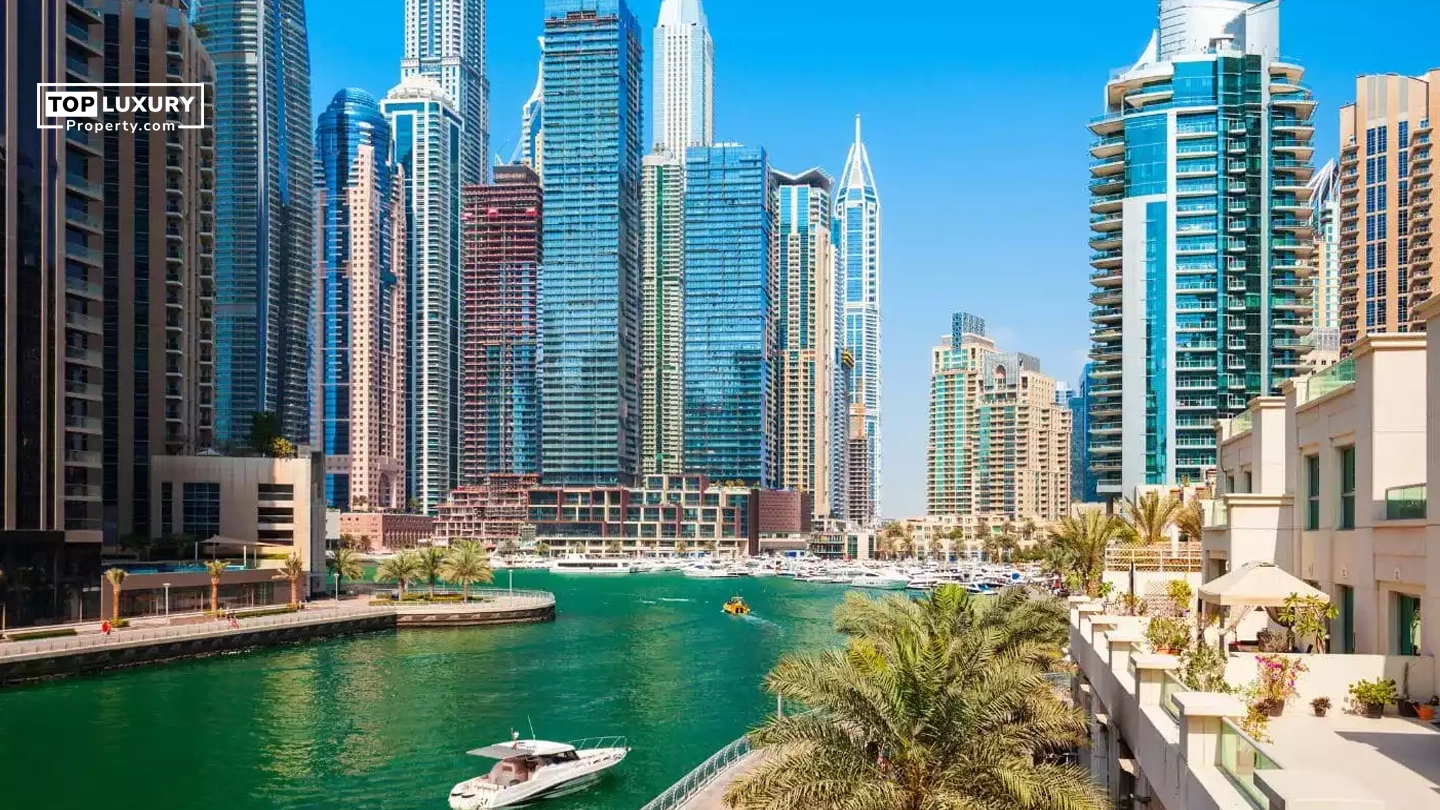Introduction:-
The Real Estate Market of UAE attracts various first time homebuyers and investors from all across the world. If you are one of the first time property buyers in UAE then you will definitely be thrilled as well as overwhelmed by the large pool of options, rules, fees and decisions waiting for you. Whether you are buying to live in UAE or investing for rental income, you are required to have clarity with proper research and preparation.
This UAE real estate guide consists of various key aspects of buying property in the UAE. With proper analysis of market dynamics in order to secure a mortgage and avoid any hidden costs. For all the first time buyers this guide consists of in depth advice for investments.
Understanding the UAE Property Market:-
Before investing any amount or making a purchase, it is considered essential to have complete knowledge of operations of the UAE property market along with UAE property buying tips. The Real Estate landscape is highly segmented and fast moving. You are going to find everything ranging from ultra luxury villas and penthouses in Dubai to affordable apartments in Sharjah or Ajaman. Some of the Key HIghlights of the UAE Property Market are:
Regulated Market: Majorly in Dubai and Abu Dhabi, the property transactions are overseen by agencies like RERA (Real Estate Regulatory Agency) and the Dubai Land Department (DLD), which ensures transparency and legal protection.
Booming Expat Demand: More than 85% of UAE’s population are expatriates and their consistent rental demand leads to making the property market a lucrative option for investors.
Off Plan and Ready Properties: Majorly developers launch off plan projects that offer attractive payment plans. However ready properties provide instant possession and rental income.
Understanding the right phase of the market that is growth, correction, or stability would help you decide whether to buy now or wait. Moreover you can also speak to local agents and review their transaction data before making a move.
Choosing the Right Location for Your Investment:-
Location is key! Your location affects not just the way you want to live but the longer term return and resale value of your property. The UAE has an extensive mix of communities to cater for all preferences and budgets.
For Lifestyle & End Use:
Dubai Hills Estate: Green, relaxing, family friendly, parks and top schools.
Saadiyat Island (Abu Dhabi): Coastal character, close to museums and cultural scenes.
Jumeirah: High end, established community, direct beach access.
For Investment & Rental Yield:
Jumeirah Village Circle (JVC): High demand for rental units and reasonably priced.
Business Bay: It’s urban, central. Considered great for professionals and the rental market.
Al Reem Island (Abu Dhabi): Modern towers, has great ROI potential.
For Budget Buyers:
International City (Dubai): one of the cheapest areas to buy in the UAE.
Ajman & Sharjah: Lower values. Follow recent trends from families moving out of Dubai published in the national papers.
Seek out locations that:
Are close to metro stations and business districts
Have upcoming infrastructure or housing plans such as malls, new roads and schools
Have freehold or managed lease for foreign ownership
Have low community service fees
Navigating Legal Requirements for Property Ownership:-
Foreign Ownership is being encouraged throughout the UAE, however this process differs slightly across emirates and is considered more complex for expats. Understanding the legal framework before making any purchases is considered crucial in order to avoid delays or future disputes. Some of the must know legal steps to be considered in Property Ownership are:
Purchase Freehold Zones Only: foreign buyers can only buy freehold property in dedicated zones. In Dubai, those are Marina, Downtown, Business Bay, Palm Jumeirah, and others.
Title Deed Transfer: the final sale is registered at the Dubai Land Department (DLD) or similar body and then you will get a digital Title Deed after the registration.
No Objection Certificate (NOC): it is issued by the developer to confirm that there are no pending dues to the developer.
Ejari Registration: it is mandatory in Dubai if you plan on leasing the unit.
Power of Attorney: if you are buying from abroad, you will have to legally assign a trusted person to represent you.
Finally, always check that your real estate agent is RERA qualified, especially if you are buying off plan. You may want to consider hiring a real estate lawyer if you are totally new to this process.
Budgeting and Financing Options for First Time Buyers:-
One of the things first time home buyers in UAE do is underestimate the total cost of owning property in the UAE. It is not just about the purchase price; it is up to the selling price which will include registration, fees, and annual fees. The breakdown of the main cost:
Down Payment: 20-25% (for expats); 15-20% (for UAE nationals)
DLD (Dubai Land Department) Fee: 4% of the sale price of property
Agent Fee/Commission: Generally 2%
Mortgage arrangement fee: 1% of loan amount
Valuation Fee: AED 2500-3500
Mortgage registration fee: 0.25% loan amount
Service Charges: AED 10-30 per sq ft annually.
Forms of Finance Available in the UAE (not exhaustive):
Bank Mortgage: you can take out fixed or variable rate options. Most banks require a fixed minimum salary required, and offer mortgage terms typically from 15-25 years.
Developer Payment Plans: particularly available when you buy a property off plan (before construction). Typically you will be able to access either 1-5 years’ payment plan post-handover process.
Islamic Mortgages: There are also Islamic mortgages you may need to consider that will meet the sharia standard for example; Ijarah, Murabaha.
Before you make the leap, get a mortgage pre approved with a bank and get a good understanding of your buying power. You need to get as many offers from at least 3 banks or a mortgage broker for the best offers.
Freehold vs. Leasehold: What You Need to Know:-
When making a Property investment in UAE, it is important to understand the types of ownership available to you.
Freehold:
You own both the land and the property.
There is no time constraint on ownership.
You may sell, lease or convey ownership as you see fit.
Freehold ownership is available only in certain areas designated for foreign ownership.
Leasehold:
You own the property but do not own the land.
Leases are generally valid anywhere between 30 to 99 years.
There are also terms and conditions regarding renewal or reassignment.
Leaseholds are priced lower than freehold ownership.
Most first time buyers will opt for freehold ownership as they will have more adjusting and flexibility, and retention of their values. Leasehold may be suited for purchasers looking for short term investment savings or investing in older central real estate.
Evaluating Developers and Property Quality:-
Not all developers are equal. Picking the correct developer is critical to getting value for your money, timely delivery and minimum issues after the property has been handed over. YOu can assess developers Based On:
Previous delivery timeframes for similar projects
RERA registration and escrow compliance- is their registration number valid, and do they comply with escrow
Reputation and reviews on different local real estate websites.
On the ground inspection of completed communities
Some of the Top Rated Developers are:
Emaar: Downtown Dubai, Arabian Ranches, Dubai Hills Estate,.
Damac: Damac Hills 2, Damac Lagoons, Damac Sun City
Sobha: Sobha Hartland, Sobha Solis, Sobha Elwood
Aldar: Abu Dhabi’s leading developer.
Avoid developers that have a history of delays in delivery, poor quality of construction, and any legal issues. For off plan projects, always ensure that your deposit is going into a RERA escrow account.
Hidden Costs to Watch Out for When Buying:-
There are always unplanned costs when buying property that can ruin the best planned purchase. Always ask your agent for a breakdown of costs before making any offer.
The Common Hidden Costs are:
Service or Maintenance Charge: You will be charged yearly around your given square feet.
DEWA/Utilities Connection: You will pay AED 2000–4000 depending on the type and size of the property.
Snagging and Inspection: Optional (recommended) costs AED 1000–2500
Property Insurance: belongings, house, contents will be around AED 1000–2000 per year
Furnishing costs or move in costs: If you bought off plan. Those small numbers can easily add up. It is good to factor at least 7–10%.
The Importance of Property Inspections and Due Diligence:-
Property Inspections or diligence ensures that you are not buying properties consisting of any sort of problems. Whether the property is a resale property or off plan villa, a thorough check leads towards the instant protection of your investment. Moreover what all is required to be inspected in the property is mentioned below:
Functionality of Electric Systems, Plumbing and AC.
Cracks in walls or ceilings.
Presence of mold or dampness.
Balcony or facade damage
Overall cleanliness and finish
You can also hire a professional snagging company to ensure all this. Furthermore verify the Title Deed, Seller ID, mortgage status and any outstanding service charges.
Negotiating the Best Deal in a Competitive Market:-
You are not at all required to pay full price in a market that consists of hundreds of options. These smart negotiation techniques could help you save thousands among your final bill. The Negotiation tips are:
Get the Pre Approval of Mortgage to show that you are serious about investment.
Ask for incentives like free furnishings or waived service.
Use inspection flaws to push the price down.
Conduct a comparison with nearby properties to show overpricing.
Most of the developers often provide launch discounts, free registration or post handover plans. In the resale market, the motivated sellers can easily accept a lower offer for faster closure purposes.
Planning for Long-Term Value and Resale Potential:-
When thinking about living in the unit today, long term comes into the picture. Properties located at the areas with growing infrastructure, higher rental demand and premium schools or transport links would retain a better value. If you are buying a property for long term value then consider that the property must consist of:
Proximity to metro lines, schools and hospitals.
Higher occupancy rate in the area.
Lower Upcoming Supply that would lead to less competition in future.
Reputed developer along with a well maintained community.
Considering the resale process; properties having clean documents, well kept interior along with low service charges tend to sell faster.
Conclusion:
The journey of first time property buyers in UAE is quite thrilling and could not be taken up lightly. Stakes are very much high as the process is being layered with legal, financial and practical considerations. Each decision relating to investment is considered crucial whether it is choosing the right community and developer or securing finance and negotiating it like a pro.
With the right preparation, smart research, and expert support, buying property in UAE could be one of the most rewarding decisions that you will ever make. Whether for personal living or investment, your first home in the Emirates can mark the beginning of a prosperous new chapter. In case you need help choosing a location, comparing developers, or calculating hidden costs? Just consider this guide and take your first step with confidence.






